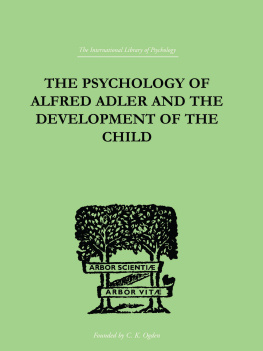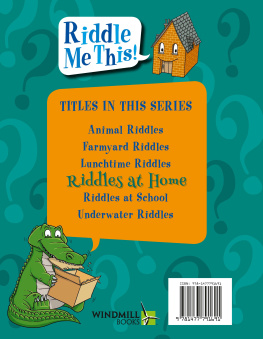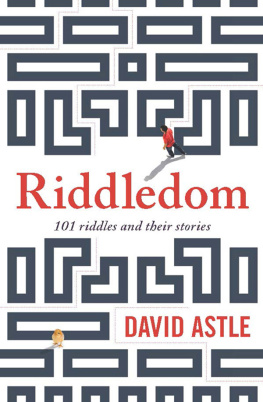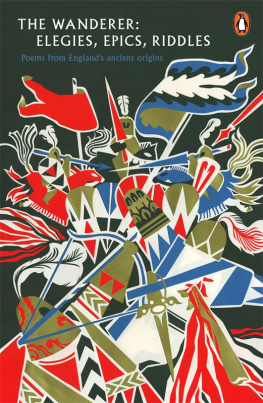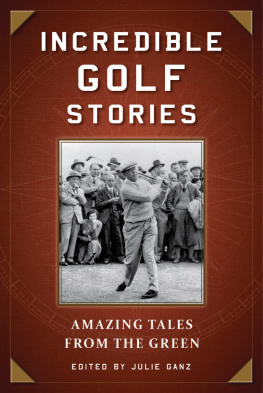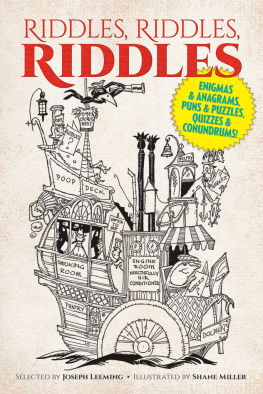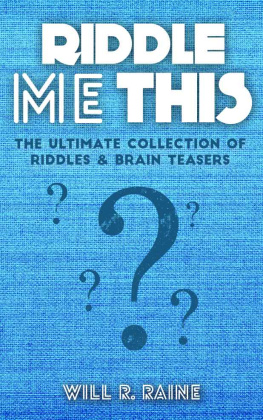Hugo Ganz - The Land of Riddles (Russia of To-day)
Here you can read online Hugo Ganz - The Land of Riddles (Russia of To-day) full text of the book (entire story) in english for free. Download pdf and epub, get meaning, cover and reviews about this ebook. year: 2019, publisher: Good Press, genre: Detective and thriller. Description of the work, (preface) as well as reviews are available. Best literature library LitArk.com created for fans of good reading and offers a wide selection of genres:
Romance novel
Science fiction
Adventure
Detective
Science
History
Home and family
Prose
Art
Politics
Computer
Non-fiction
Religion
Business
Children
Humor
Choose a favorite category and find really read worthwhile books. Enjoy immersion in the world of imagination, feel the emotions of the characters or learn something new for yourself, make an fascinating discovery.

- Book:The Land of Riddles (Russia of To-day)
- Author:
- Publisher:Good Press
- Genre:
- Year:2019
- Rating:3 / 5
- Favourites:Add to favourites
- Your mark:
- 60
- 1
- 2
- 3
- 4
- 5
The Land of Riddles (Russia of To-day): summary, description and annotation
We offer to read an annotation, description, summary or preface (depends on what the author of the book "The Land of Riddles (Russia of To-day)" wrote himself). If you haven't found the necessary information about the book — write in the comments, we will try to find it.
The Land of Riddles (Russia of To-day) — read online for free the complete book (whole text) full work
Below is the text of the book, divided by pages. System saving the place of the last page read, allows you to conveniently read the book "The Land of Riddles (Russia of To-day)" online for free, without having to search again every time where you left off. Put a bookmark, and you can go to the page where you finished reading at any time.
Font size:
Interval:
Bookmark:

Obvious typographic errors have been corrected.
LAND OF RIDDLES
HUGO GANZ
AND EDITED BY
HERMAN ROSENTHAL
NEW YORK AND LONDON
1904
All rights reserved.
Published November, 1904.
| CHAP. | PAGE |
| Preface | |
| I. | Introduction |
| II. | Warsaw |
| III. | Warsaw Continued |
| IV. | St. Petersburg |
| V. | St. Petersburg Continued |
| VI. | Artist and ProfessorIlya Ryepin |
| VII. | The Hermitage |
| VIII. | The Hermitage Continued |
| IX. | The CamorraA Talk with a Russian Prince |
| X. | Snger's Fall |
| XI. | The People's Palace of St. Petersburg (Narodni Dom) |
| XII. | Russia's Financial Future |
| XIII. | The Russian Finances |
| XIV. | A Funeral |
| XV. | The Chinovnik (The Russian Official) |
| XVI. | The Sufferings of the Jews |
| XVII. | The Jewish Question |
| XVIII. | Plehve |
| XIX. | The Administration of Justice |
| XX. | The Imperial Family as the Public Sees It |
| XXI. | Public Opinion and the Press |
| XXII. | Some Realities of the Legal Profession |
| XXIII. | The Student Body in Russia |
| XXIV. | Before the Catastrophe |
| XXV. | Sectarians and Socialists |
| XXVI. | Moscow |
| XXVII. | Moscow Continued |
| XXVIII. | A Visit to Tolsto |
| XXIX. | A Visit to Tolsto Continued |
| XXX. | A Visit to Tolsto Continued |
October 1, 1904.
Font size:
Interval:
Bookmark:
Similar books «The Land of Riddles (Russia of To-day)»
Look at similar books to The Land of Riddles (Russia of To-day). We have selected literature similar in name and meaning in the hope of providing readers with more options to find new, interesting, not yet read works.
Discussion, reviews of the book The Land of Riddles (Russia of To-day) and just readers' own opinions. Leave your comments, write what you think about the work, its meaning or the main characters. Specify what exactly you liked and what you didn't like, and why you think so.

